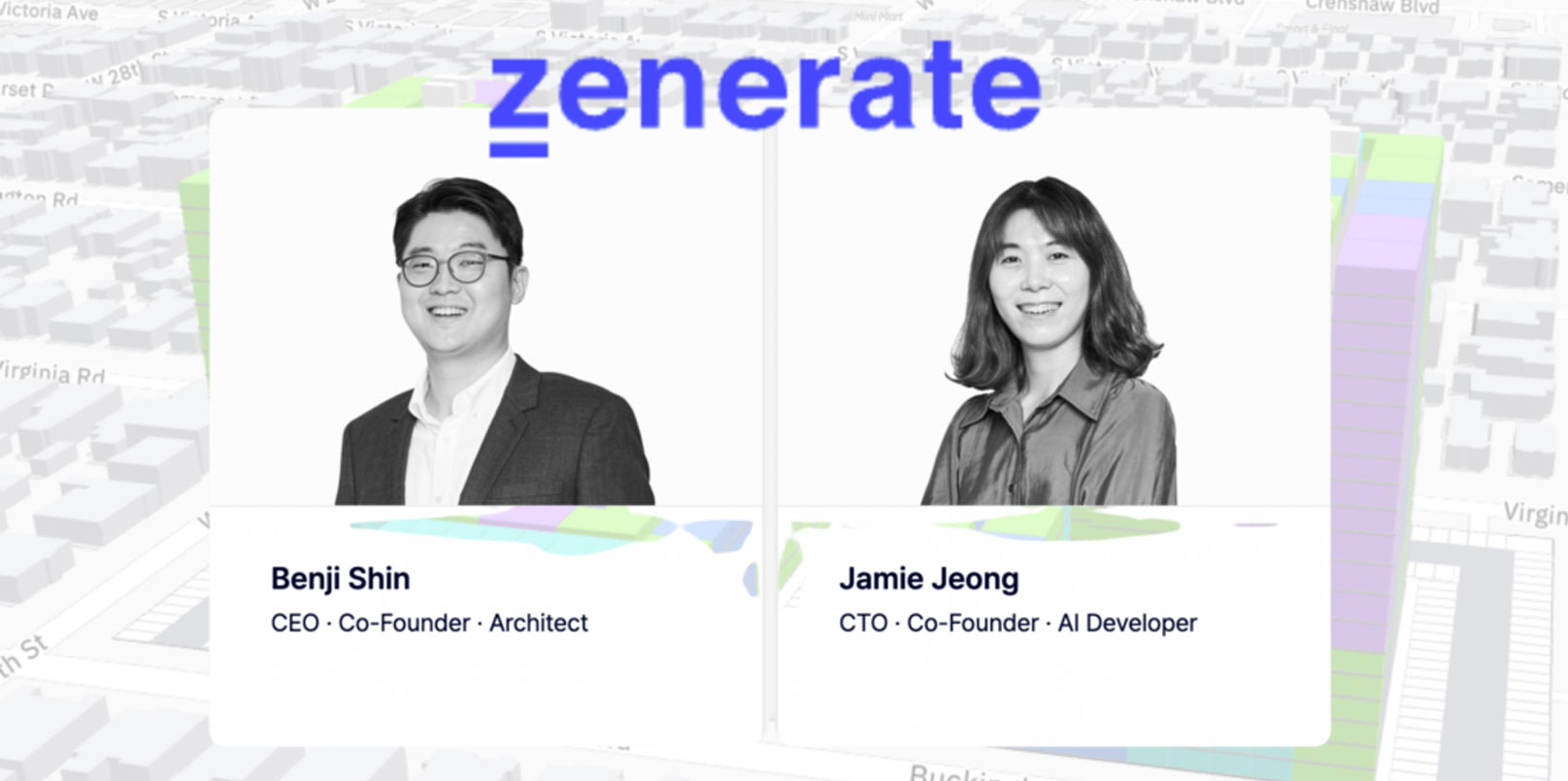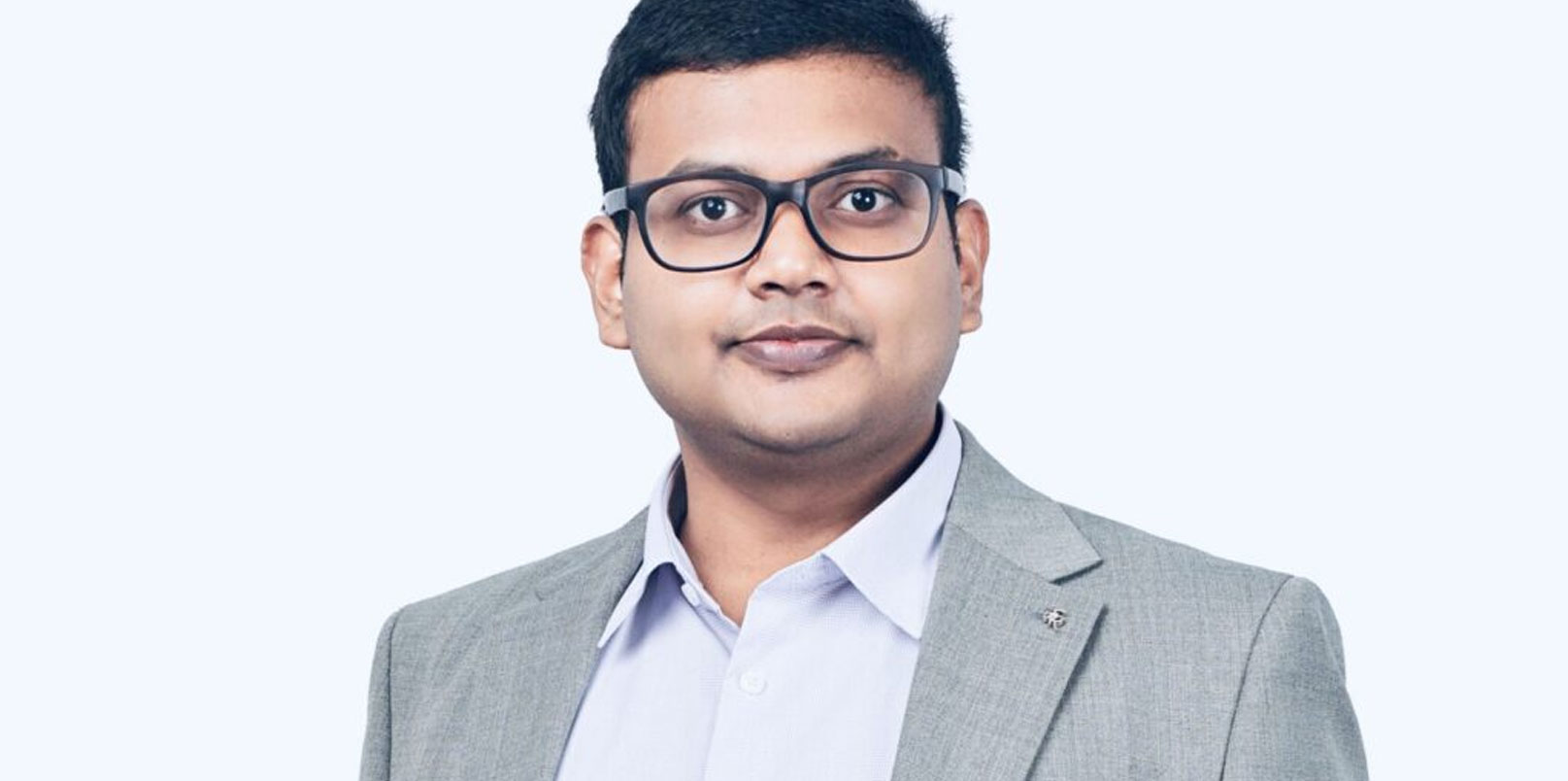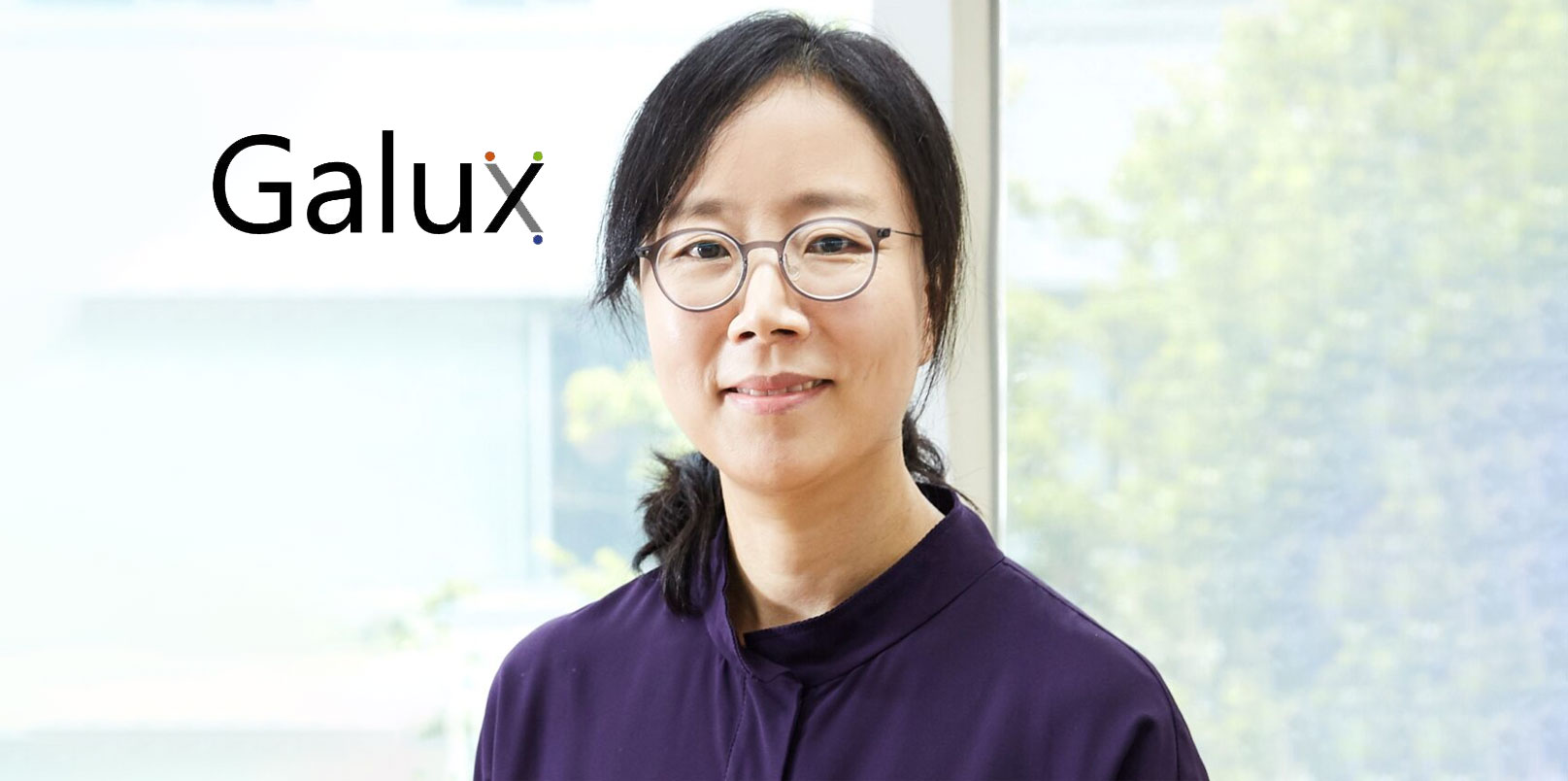Having been an immigrant himself, he understands the problems faced by many immigrant startup founders and hence he founded Unshackled.
Nitin Pachisia has the credit of being the founding partner of Unshackled Ventures, the only early-stage venture capital fund designed specifically for immigrant-founded startups in the US. The fund leads investments at the earliest stages, often pre-product, working alongside founders from day 0. Besides investing capital, Unshackled provides complete immigration solution to portfolio founders, including employment and visa sponsorship. Before starting Unshackled Ventures, Nitin founded an experiential e-commerce company, ran finance and strategy for ed-tech startup Kno (acquired by Intel) that raised over $90M of funding from top VCs, and worked at Deloitte, focusing on tech startups and helping them with growth, exits, and strategic initiatives.
Nitin has appeared on NBC, NPR, CCTV, has been featured in various publications including Forbes, WSJ, Financial Times, Techcrunch, CNN, and has been an op-ed contributor in the Huffington Post and ReCode. Nitin is actively engaged as a mentor or otherwise at Stanford University, Babson, Alchemist Accelerator, GTWY, Founder Institute, among others.
Being an immigrant himself and having founded startups while on a visa in the US, Nitin understands the venture resources immigrant founders need, besides capital. He is focused on making sure that immigrant founders are not slowed down by immigration in their pursuit of building companies and creating jobs in America.
Koreatechdesk.com talked with Nitin Pachisia regarding his investment philosophy and advice to startups, when he attended theTIPS X beSUCCESS KOREAN STARTUP SHOWCASE as one of the prominent judges in the US.
1. As an investor, what kind of startups have you invested in? and how did you find those startups?
We invest in startups working on hard, non-obvious problems and opportunities, which can scale exponentially. We have invested in hardware, software, food tech, space tech, and have looked at materials and life-sciences as well. We prefer being sector agnostic, which means instead of building a specific thesis, we like to learn from the entrepreneurs on where they see the most significant opportunities.
We like to find teams as close to formation as possible and nothing is too early for us to invest. Most of our portfolio companies we invest pre-product and pre-revenue. We have a portfolio that includes food tech (Plantible, Pod Foods, Mylk Guys), autonomous vehicles (Starsky Robotics), health (Togg), space (Bluefield and Ubiquitilink), applied AI (Skritswap, Lily AI, Gridraster), future of work (Career Karma), industry 4.0 (Plutoshift, Tailored Industry), and more.
2. What would be the core factors that you decide to invest in those particular companies?
We invest in people since we invest at the earliest stage, we don’t have much to evaluate except a team that is determined to solve a need and build towards a vision. We spend time with the teams we invest in to understand what makes them exceptional or what we call their “superpowers”. We focus on immigrant-founded startups in the US, meaning teams with one or more foreign-born founders. We like to understand if the founders have a unique understanding of the market, or unique insights they can build their businesses around.
3. What’s your basic investment philosophy for investing startups?
We don’t have a formula, we work closely with the teams we are evaluating to understand how they think and how we work together. The team is extremely important for us.
4. What are the main reasons that startups fail that you have experienced or noticed so far? and how to prevent those mistakes in advance from your personal perspective?
Most of the startups we fund are experimenting with ambitious solutions to hard problems. Many of these experiments are not successful, i.e., they don’t reach the desired outcomes. However, not reaching success is not necessarily failure.
In my opinion, failure is when the founders could have made better or different decisions and could have changed the outcome. One of those factors is focus – Founders, who can focus on the most critical things to address give themselves a better chance of seeing a success outcome. It’s important to note that areas of focus differ at different stages of the company. For example, at pre-seed stage, the focus is usually on finding a solution to a high-value problem in a massive industry. There’s more discovery and experimentation on the core tech/innovation than building product. Once a high-value problem and solution are known and validated, the focus shifts to building the product, which involves hiring the development team. As the product takes shape and is deployed at the first few customers, the focus shifts to learning from customers/users, iterating fast on productizing the solution, figuring out pricing/business model, building a sales playbook. And so on. The point is, best entrepreneurs know what to keep the team focused on to maximize output with limited resources.
At early stages, by focusing on important things and deprioritizing everything else, founders give themselves more time, i.e., shots on the goal, to find the right solution. On the other hand, founders who can’t focus spend a lot of resources (time) on non-essential tasks and run out of time (and money) before getting to the solution. Focus is a big difference-maker.
5. What’s your advice to entrepreneurs who have a chance to meet investors like you?
Be bold about sharing your vision. Investors and early employees need to hear that they have an opportunity to become a part of something big to be motivated to join the journey with the founder.
6. What’s your general thought about the term “Global”?
I am an immigrant, and I have travelled through Asia and Europe before settling down in the US. So, my understanding of global is more about the mind-set than geography. I think of being global as having a world view, unconstrained by geographical or cultural boundaries.
7. What are the important factors for Korean startups to consider for a US expansion?
There are many factors involved, but since we specialize in immigration, I’ll focus on that. Having started businesses while on work-visas ourselves, and a track record of successful immigration work on 80+ filings for portfolio founders, we understand the nuances involved. We can help cut through the wrong/misleading information floating around and know how entrepreneurs can pursue their dreams while being fully compliant with the law. There is a lot of misinformation about immigration rules/laws in the market, and founders should work with someone who has a track record of helping startups. We have immigration attorneys as partners in the firm because we want to be sure that our portfolio founders are well served and are not victim to bad information or guidance.
8. As you know, our company name is “beSUCCESS”, what’s your definition of the term “success” as an investor or as an individual human being?
I was just discussing this with my daughter on her birthday as she turned 10. To me, success is a personal benchmark for each individual, and it’s a moving target. It’s relative to your starting point, and your ambitions. When I started my career, I did not imagine I would be where I am. So, I guess I succeeded by my definition, but now I have larger goals, and I will measure my success on the new standards I set for myself. The one important part for me is that my measure of success is intrinsic. I only measure myself against my goals, not against anyone else.
9. What are the one or two things that you would do differently if you could go back to 10 years ago?
1) I would more openly and frequently express my appreciation for people’s efforts (it took me some time to learn how much of a difference it makes when leading people)
2) Smile more.
10. When you come to Korea next time, what kind of Korean entrepreneurs and startups you want to meet?
Entrepreneurs working on big problems at the earliest stages, we would love to chat! If they are interested in coming to the US and have a focus on this market, we know the barriers many immigrant founders face and this is why we are here. Always excited to meet new founders!





